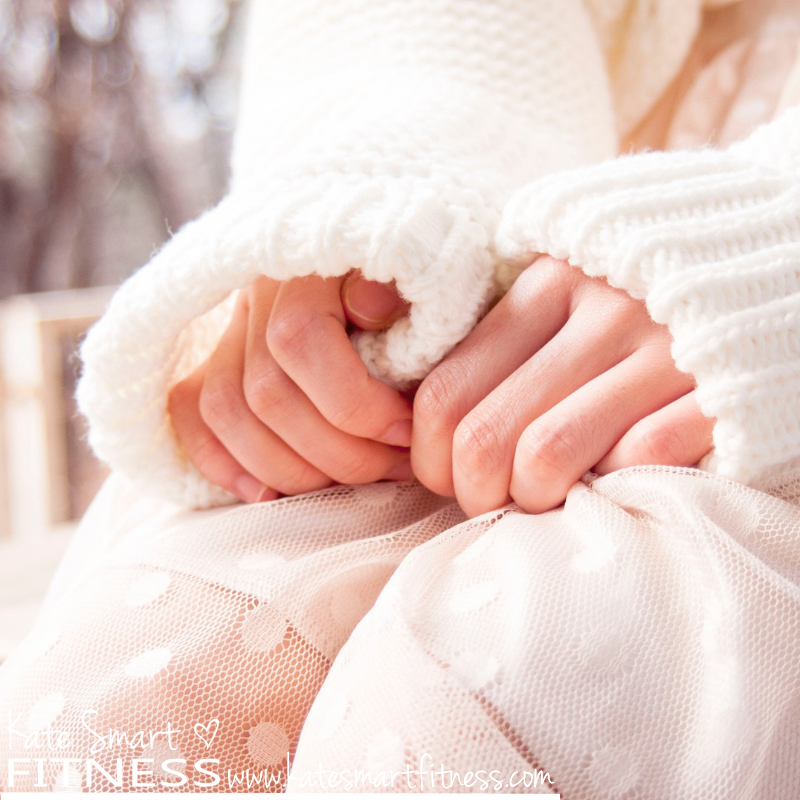The Power of Touch

Last week I was lucky enough to attend a talk from Dr Chatterjee, author of The Four Pillar Plan and more recently The Stress Solution.
To coincide with his recent book launch, the topic was, perhaps obviously that of stress; the effects it has on our health and his suggestions of things we can do to manage the levels that we are faced with. Of course, like many areas of health, the news was not new and many of the suggestions, whilst backed up by science were not, to coin a phrase, rocket science. However, it reiterated much common sense and served brilliantly as reminders that what we put in to our body, how we move and how we rest it are all steering us either away from, or towards better mental as well as physical health.
One area that lit up the ‘interest bulbs’ in my head, was that of human touch. There is data and evidence galore that shows that as human beings, touch is VITAL to our psychological health, and also has physical benefits of lowering our heart rate, our blood pressure and our stress hormones, limbering up our parasympathetic nervous system allowing the body to tap into the ‘rest and restore’ state as opposed to the ‘fight or flight’, a state we are increasingly subjected to. Of course, that has to be a certain type of touch as well as appropriate and welcomed and I’m talking here about affectionate, pleasant, social touch.
We have a couple of types of nerve fibres in our body – fast and slow. The slow nerve fibres affects us more deeply than the fast. The latter lets us know we are being touched and gives us sensation, but the slow fibres go to our limbic system (the area of our brain that deals with emotion). This is especially triggered by stroking, similar to that of grooming a pet. What is being discovered is that by simply stroking the skin, we can soothe the stress away, leading us to a ‘thrive’ state. What is even MORE interesting is that we have more receptors to this kind of touch on our backs and shoulders – ie areas that are pretty difficult to reach ourselves!
Professor Francis McGlone at Liverpool John Moore’s University is a leading researcher in this area and it is his belief that reducing stress in students and school children through touch could ease the levels of cortisol they face during exam time. Anyone with older children like me will know the tension in the house during exam time, so maybe a light touch on the back or the shoulder when your child has had a tough day is a simple act that can have huge benefit!
So some tips to take away:
- hug your children, friends and loved ones on a daily basis
- give your colleagues a friendly touch to the shoulder or back
- If you have a baby, learn the techniques of baby massage
- If you have a stressed out teenager, book them a massage
- book yourself a massage!
It’s such a simple action to take that could have really deep benefit, both physically and mentally.

